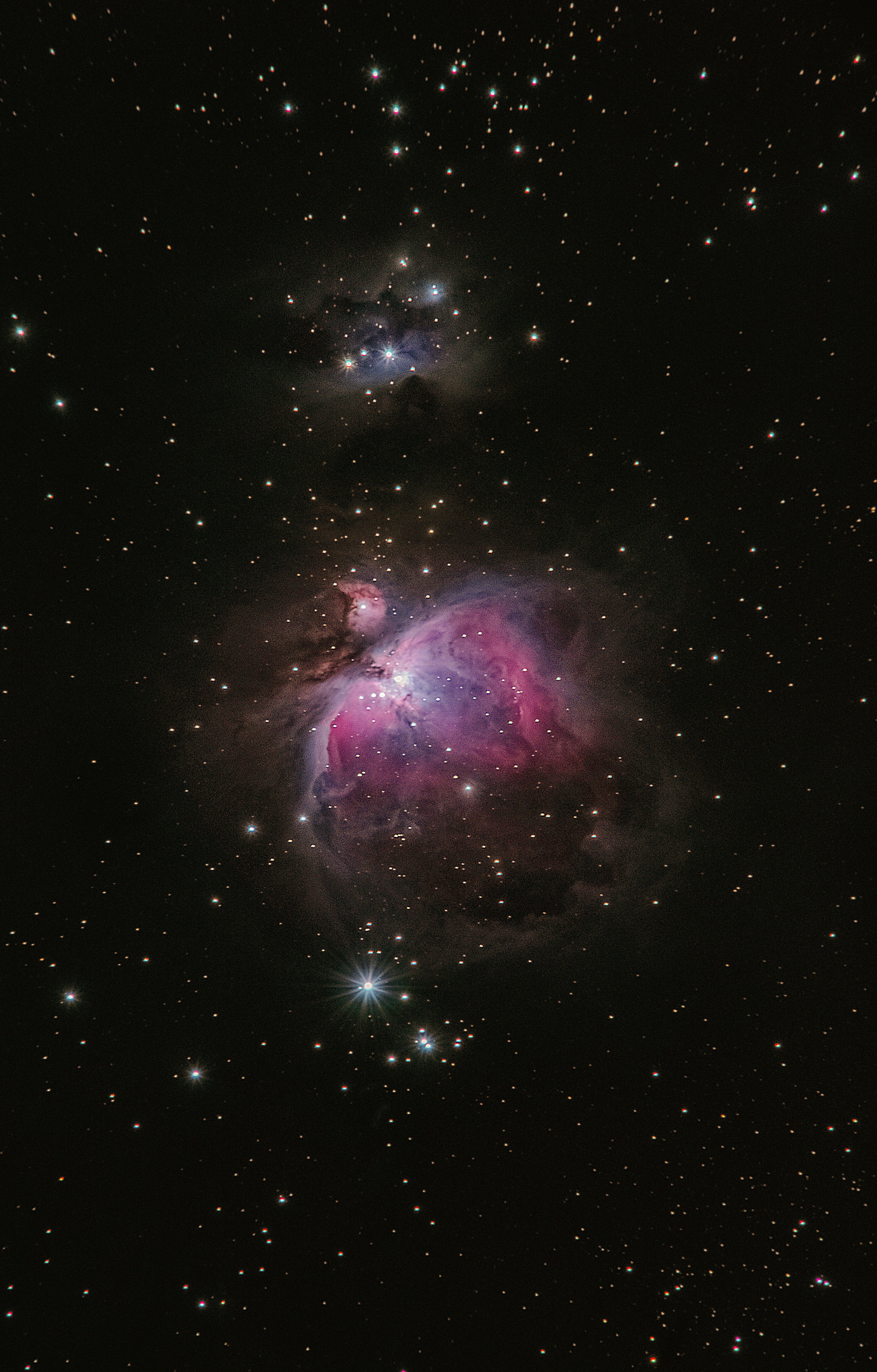Customs and immigration checks continue unaltered. - Customs and immigration checks remain unchanged
Lax Border Controls in Spite of New Political Regime
- *
On the inaugural day of the latest federal government, no indications of tightened borders are in sight. "We're sticking to our usual routine here," said Stefan Döhn, public relations rep for the Federal Police Inspectorate Trier, stationed at a border control station on the A64 from Luxembourg. "No new instructions have come our way. Business as usual is the mantra."
New Interior Minister Alexander Dobrindt (CSU) made it known that, upon taking office, he would enforce heightened rejections of migrants and increased scrutiny at Germany's external borders. Initial decisions were slated for Wednesday.
Since mid-September 2024, border controls have been reinstated at all of Germany's external borders. In February, the federal government prolonged the border controls at all of Germany's external borders by six months, until September 15.
Illegal immigration is the focal point.
At the control station in Trier, federal officers regularly flag down vehicles. Within a vast steel structure at the checkpoint, their documents are checked. Most are allowed to continue their journeys. Nearly a thousand vehicles are scrutinized each day at this location.
The federal police focus on individuals entering the country unlawfully, human traffickers, and those with outstanding arrest warrants. Hits are common, Döhn shared, offering updated statistics.
Almost 2,700 unlawful entries
Thanks to the reinstated border controls, a total of 2,661 unlawful entries were reported in Rhineland-Palatinate and Saarland by the end of March. 1,694 individuals arrived from France, 843 from Luxembourg, and 124 from Belgium, according to the Federal Police to the German Press Agency. 1,166 people were turned away to France, 513 to Luxembourg, and 73 to Belgium. A total of 56 human traffickers were detained during the checks. The Federal Police reported these figures to be preliminary and subject to change. The data suggests that the checks are "meaningful and effective," Döhn confirmed.
What lies ahead?
An order is likely from the Federal Ministry of the Interior. "And then we'll see how we navigate further." It remains uncertain if there will be further shifts or additional personnel - decisions still pending, Döhn noted. However, we're ready to implement the order at a moment's notice, he added.
The checks are "extremely time-consuming and labor-intensive, but doable," we are supported by other units and inspections.
Criticism from Luxembourg
Stationary border controls aren't provided for within the European Schengen area. In Rhineland-Palatinate, there's still a stationary control point to Belgium on the A60. In Saarland, the entry traffic from Luxembourg is supervised in Perl, and in Saarbrücken from France.
There are complaints in the region. Commuters who work in Luxembourg from Germany are frustrated when they are delayed on their way home due to the checks. Over 50,000 German residents work in Luxembourg. Luxembourg lodged a complaint against the extension of the checks with the EU Commission in February.
- Immigration
- Asylum
- Luxembourg
- Germany
- Federal government
- Trier
- Rhineland-Palatinate
- Saarland
- Belgium
- France
- Migration policy
- CSU
- Alexander Dobrindt
- Illegal immigration
- Border control
- European Union
- European Schengen area
- Despite the new political regime's announcement of heightened border controls, there are no signs of adjustments at the border control station in Trier, Germany, as stated by Stefan Döhn, public relations representative for the Federal Police Inspectorate Trier.
- Alexander Dobrindt, the newly appointed Interior Minister, has expressed his intention to enforce stricter border controls, particularly against migrants, and increased scrutiny at Germany's external borders, with initial decisions due on Wednesday.
- Since mid-September 2024, border controls have been reinstated at all of Germany's external borders, with the federal government extending these controls by six months, until September 15, in February.
- At the Trier border control station, federal officers focus on individuals entering the country unlawfully, human traffickers, and those with outstanding arrest warrants, with a total of 2,661 unlawful entries reported in Rhineland-Palatinate and Saarland by the end of March.








